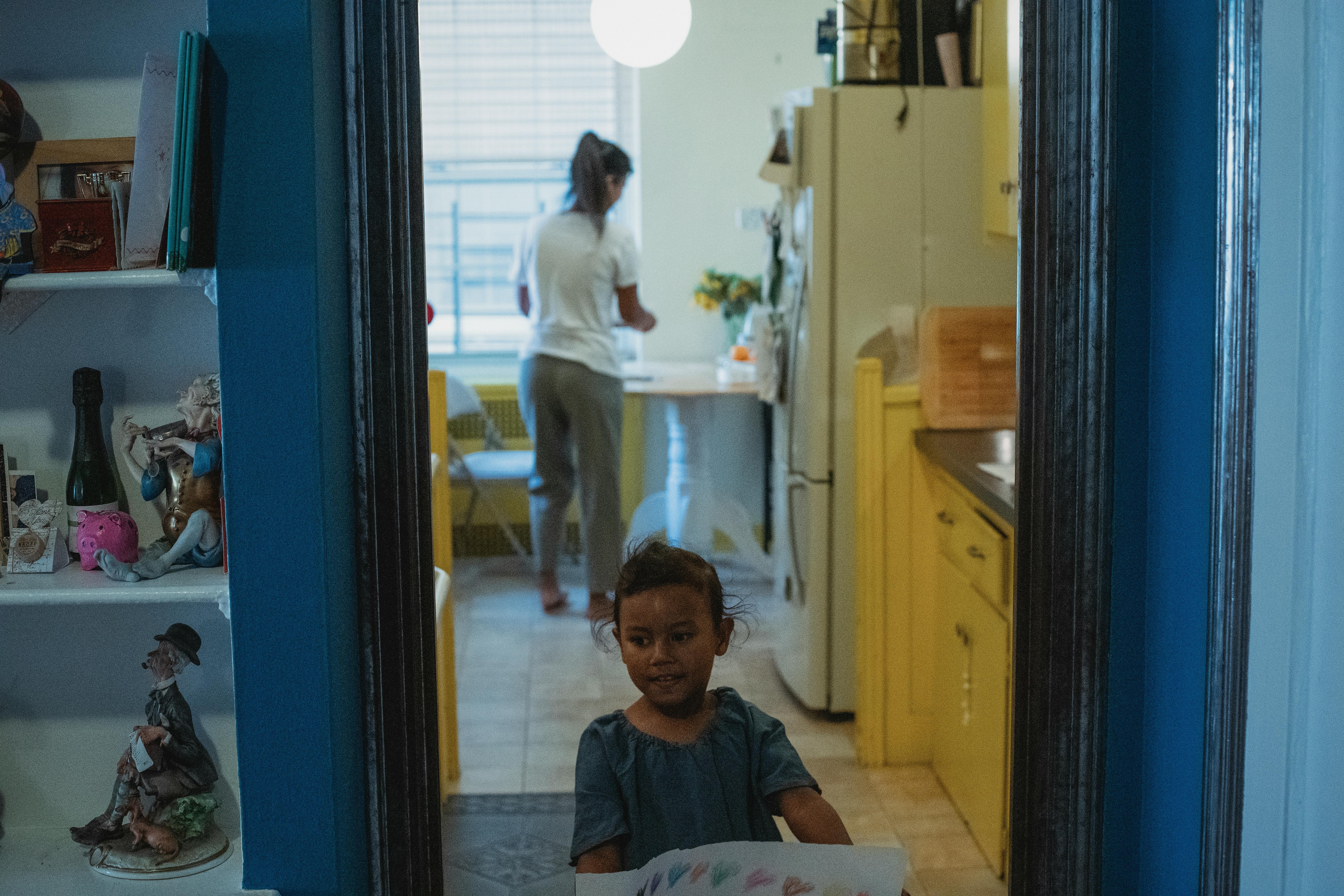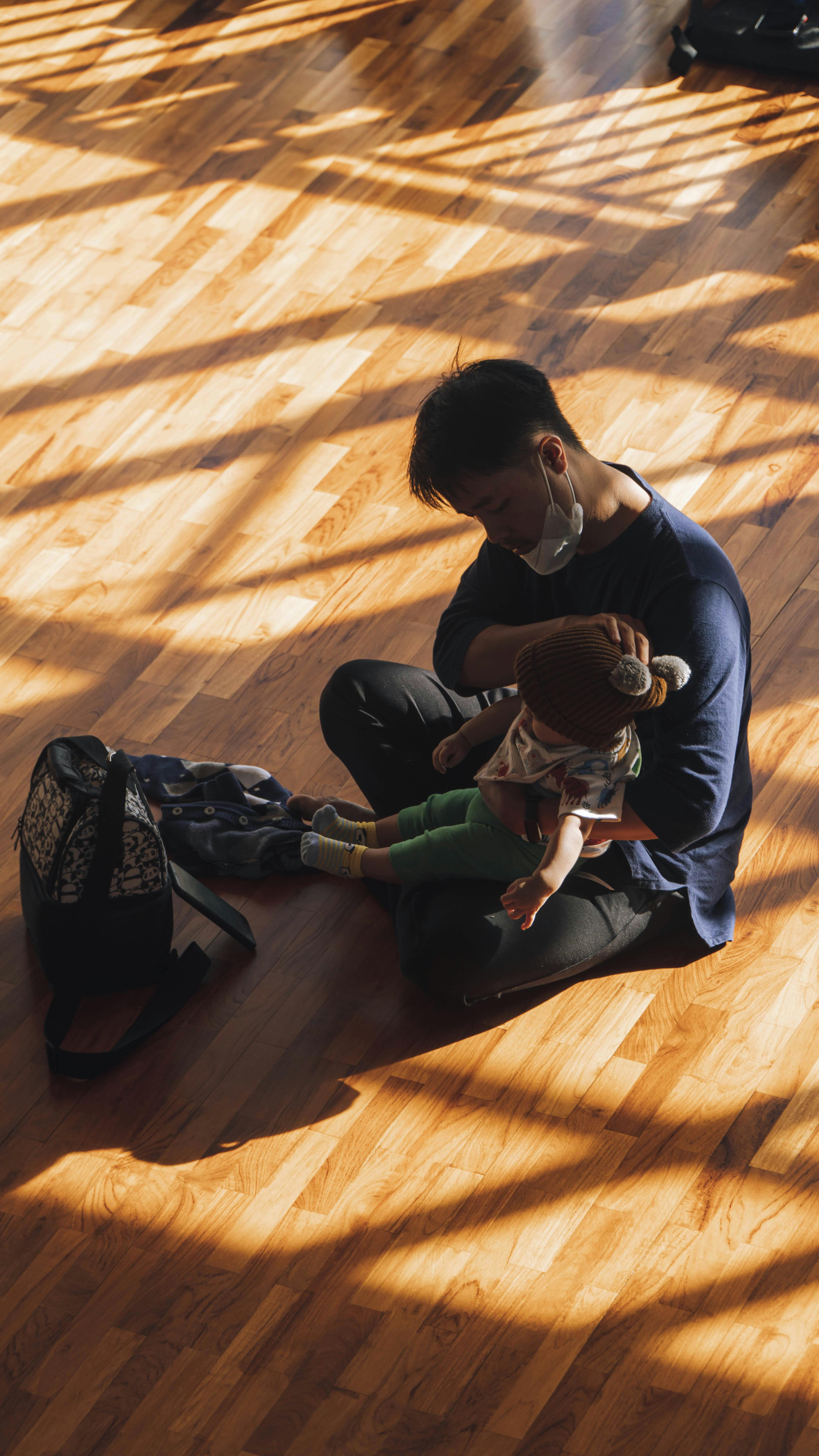Table of Contents
Establishing a safe environment
One of the most important aspects of babysitting is ensuring that the environment is safe and free of hazards for the children in your care. Before the parents leave, take a few moments to scan the area and identify any potential dangers. This includes making sure all sharp objects, small items, and hazardous materials are out of reach of children. Additionally, be sure to familiarize yourself with the layout of the house, including emergency exits and first-aid supplies.
On-Demand Childcare in Your Neighborhood
Book a Sitter
Supervising children effectively
It is crucial for babysitters to provide attentive and vigilant supervision at all times. This means keeping a close eye on the children in your care and being aware of their whereabouts and activities. Avoid distractions such as texting, talking on the phone, or watching television while babysitting. Engage with the children, play with them, and actively participate in their activities to ensure their safety and well-being.
Handling emergencies calmly
Despite your best efforts to prevent accidents, emergencies can still happen. It is important for babysitters to remain calm and composed in these situations. Familiarize yourself with emergency procedures, including who to contact in case of an emergency and where to find important phone numbers. Keep a list of emergency contacts, including the parents’ contact information, nearby neighbors, and poison control. Be prepared to administer basic first aid if necessary and know when to seek medical help.

Communicating with parents
Effective communication with parents is key to being a successful babysitter. Before the parents leave, make sure to discuss important details such as bedtime routines, dietary restrictions, and emergency procedures. Keep the parents informed of any significant events that occur while they are away, such as injuries, illnesses, or behavioral issues. Be honest and transparent with parents about how their child behaved and any challenges you encountered.
Communication builds trust between you and the parents, ensuring a positive babysitting experience for everyone involved.
Setting boundaries and rules
Establishing boundaries and setting clear rules with the children is essential for maintaining a safe and structured environment. Communicate rules such as bedtime, screen time limits, and appropriate behavior from the outset. Enforce these rules consistently and fairly to ensure the children understand and respect them. Be firm but kind when enforcing boundaries, and use positive reinforcement to encourage good behavior. Remember that you are in charge while babysitting, and it is important to assert your authority in a kind and respectful manner.
In conclusion, babysitting is a rewarding job that requires a great deal of responsibility and care. By following these top 10 safety tips, babysitters can ensure a safe and enjoyable experience for both themselves and the children in their care. Prioritize safety, effective supervision, communication, and boundary-setting to create a positive and secure environment for babysitting. Remember that the well-being of the children should always come first, and be prepared to handle emergencies calmly and confidently. With these safety tips in mind, babysitters can provide excellent care and peace of mind to parents entrusting them with their children.










